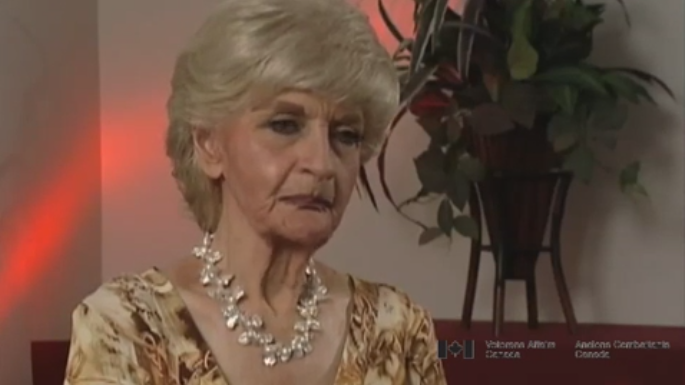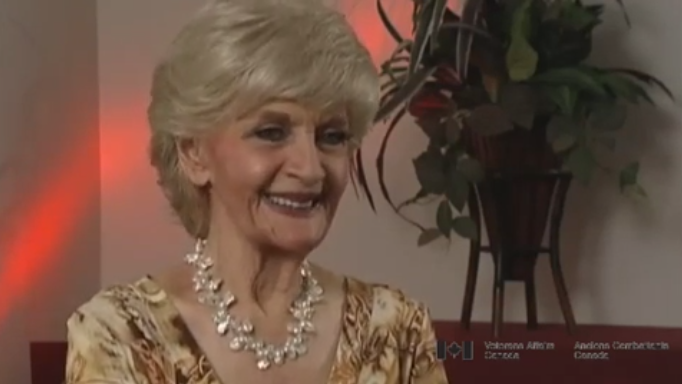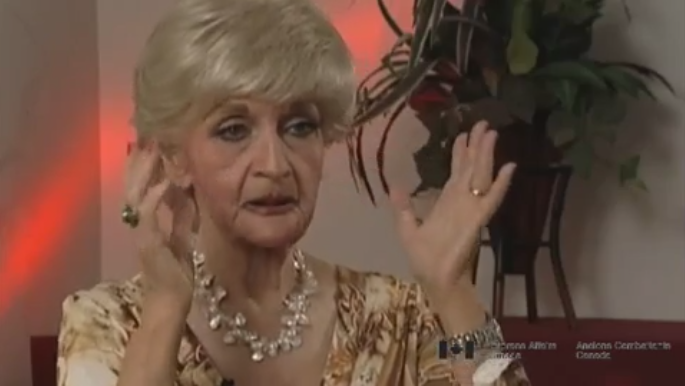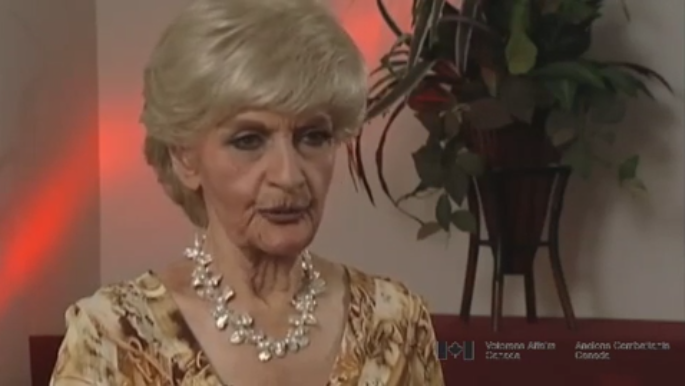Weekend Visits to East Grinstead Hospital
Heroes Remember
Weekend Visits to East Grinstead Hospital
Transcript
Description
Mrs. Hubbard describes her weekend activities of visiting the burn patients at East Grinstead Hospital and how she came to meet her husband
Shirley Hubbard
Mrs. Shirley Hubbard was born in St. Clair, Michigan January 4, 1924. Her family moved to Canada and her father served in WWI. Having a keen desire to honour her father’s commitment, and without reservation, she joined the Women’s Division, Royal Canadian Air Force and had the opportunity to travel overseas and serve in London, England. Mrs. Hubbard served in an administrative role but believes her most important contribution to wartime service was visiting and caring for the burn victims of East Grinstead Hospital in London, England. These soldiers would later be known as “The Guinea Pigs.” It is here that she met her husband and became a dedicated member of the Guniea Pig Club. To this day, she remains a proud member of this association. She spends most of her time doing volunteer work and presently resides in Mission, BC with her family.
Meta Data
- Medium:
- Video
- Owner:
- Veterans Affairs Canada
- Duration:
- 2:55
- Person Interviewed:
- Shirley Hubbard
- War, Conflict or Mission:
- Second World War
- Location/Theatre:
- England
- Branch:
- Air Force
- Units/Ship:
- Royal Canadian Air Force Women's Division
- Occupation:
- Administration
Related Videos
- Date modified:






